There’s no arguing about the benefits of owning a dog and, for older people they can be a real lifeline. They’re called man’s best friend for a reason and as well as companionship, dogs can bring so much joy. From keeping you active to keeping you company, there are so many reasons to have a dog if you’re in your later years.
The key to being a dog owner as a senior is to find the pet that best suits your lifestyle and physical abilities as well as your home. We’ve taken a look at the benefits of owning a dog in later life and how to choose the breed that’s ideal for you in our guide to the best dog breeds for seniors and retirees.
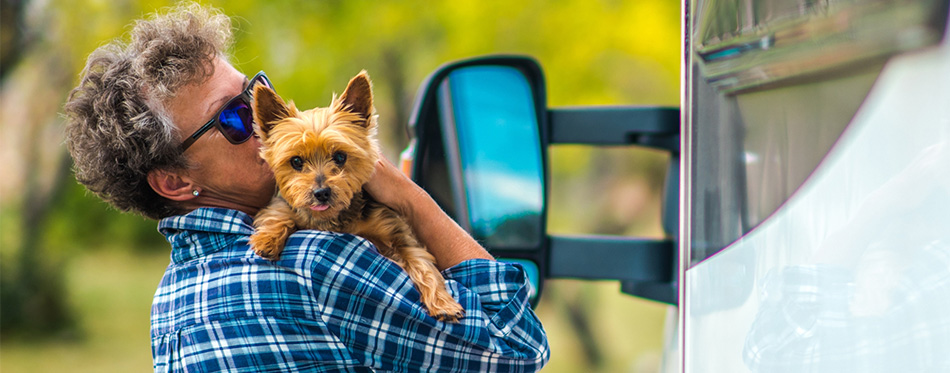
Benefits of Owning a Dog
Anyone can benefit from having a dog, but older people can experience a particularly positive impact by bringing a new four-legged friend into their lives.
Studies have shown that dog ownership has significant benefits for the mental, physical and emotional health of seniors. Dogs are great for helping you get more exercise and keep you moving as well as keeping you engaged and motivated in the world and people around you. And they are fantastic companions, especially if you live alone, giving you a reassuring sense of security. And when it comes to your health, dogs don’t just get you out of the armchair and into the park each day, they are also a form of therapy! It’s been proved that owning a dog can boost your overall wellbeing, releasing those feel-good hormones, lowering stress, heart rate and blood pressure while raising your mood as you care for and love your pet.
What to Consider When Choosing Your New Pet
Your age, mobility or even if you live in an assisted home shouldn’t necessarily stop you from getting a dog. But you do need to take certain considerations into account, not least the wellbeing of your potential new pet, before welcoming a dog into your home. Here are a few key tips on what to look for if you’re thinking of getting a new furry friend:
- Breed and age: A large or very active dog may not be the best choice as we get older, especially if you have physical or mobility issues. Certain breeds are also more high maintenance than others when it comes to grooming and exercise while the trainability and sociability of the breed should also come into play, especially if you live in a shared residential setting. The age of the dog should also matter as an older dog may be more suitable than a fresh, lively puppy.
- Temperament: this relates to both dog and owner! Ideally, you should go for a calmer, less excitable breed but whatever breed you choose, it’s important it works with your own personality and lifestyle.
- Your health: Your new pet needs to be able to work around any health issues or physical limitations you may have. You also need to be sure your health doesn’t get in the way of providing for your pet’s own emotional and physical needs. An energetic young dog that needs training and walking several times a day may not be the right choice.
- Support available: you may need extra help to care for your dog if you cannot handle it all by yourself. Look into options such as a dog walker, groomer, pet sitting, and veterinary support and make sure you have the financial resources to fund all of your pet’s care.
Out Top Ten Breeds For Seniors
With so many breeds out there, it was a tough task to whittle them down to a shortlist of best dog breeds for seniors and retirees. While it’s ultimately a personal choice, we’ve picked our final top 10 breeds based on their temperament, health, activity levels, and personality traits. Who knows, your new canine best friend could well be on our list!
Pug
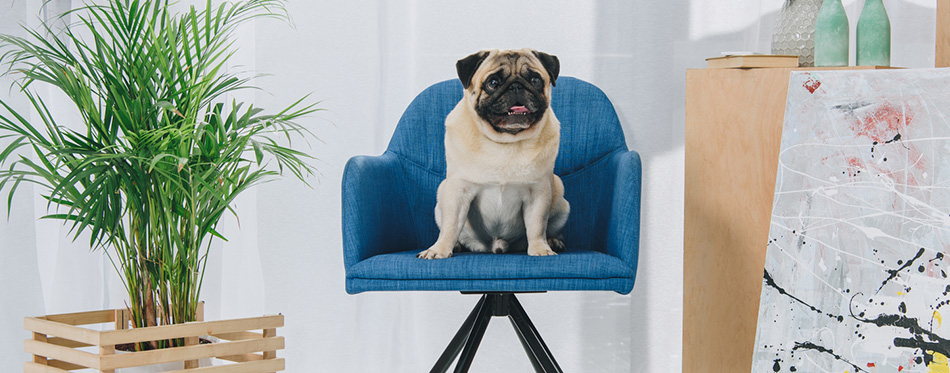
The playful Pug is one of the most adaptable small breeds, with a personality that’s affectionate and eager to please. As a companion, you simply can’t fault the pug – he’s as happy lounging on the sofa with you, as he is out on a walk around the local park. They can be a little mischievous but with that cute face, he’ll keep you entertained. Described as the ultimate lapdog, you’ll need to watch his weight and not over-feed but other than that, they are low maintenance and a joy to own.
- Exercise: a short daily walk, plus access to outdoor play space
- Grooming: they can shed a bit, particularly in warm weather
- Ideal for: assisted living communities and small apartments
Check out our guide on the Best Dog Food for Pugs for more info.
Cocker Spaniel
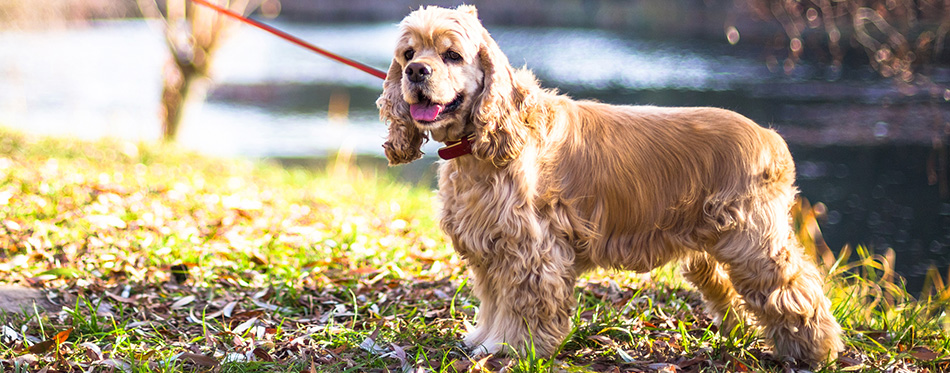
If you’re more on the active side but still looking for a loyal companion, then you can’t go wrong with the beautiful cocker spaniel. A medium-sized dog, the cocker combines a willingness to keep you company with the ability to step it up when it comes to exercise and outdoor play. With their energy levels, they may not be totally suited to a senior with mobility issues and their size may not be ideal for some assisted living communities. But for a fun, caring dog to help keep you young at heart, the cocker spaniel makes a wonderful pet.
- Exercise: with their energy levels, the cocker needs regular, active exercise
- Grooming: their lovely coat needs regular grooming to keep in condition
- Ideal for: active seniors with space and time
You may also like our article on Dog Food For Cocker Spaniels.
Shih Tzu
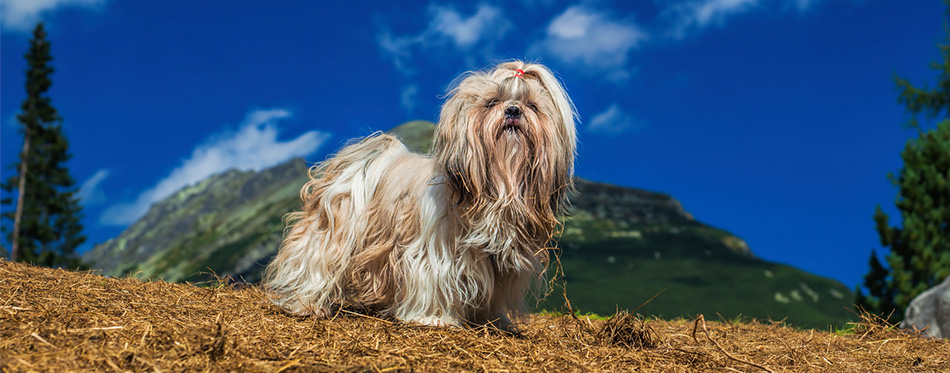
This vocal little chap is a popular choice for older people, and it’s easy to see why. Their diminutive size makes them ideal for apartment or assisted living and their loyal, friendly nature coupled with their need for minimal daily exercise makes them the perfect lap companion.But don’t mistake the Shih Tzu as a timid pushover, they are alert, intelligent and fiercely loyal, making them one of the best guard dogs for elderly people. And while their lux coat may give them a diva look, the Shih Tzu is surprisingly low maintenance, requiring just a little exercise each day, as long as they can still have some indoor play.
- Exercise: minimal, a short daily walk plus playtime
- Grooming: Their long, luxurious coat does require daily grooming
- Ideal for: apartment and assisted living
For more options head over to our guide on the Best Dog Food for Shih Tzu.
Poodle
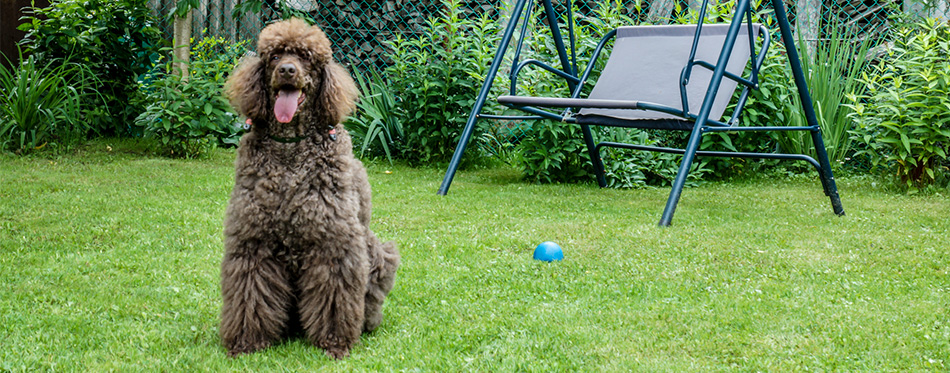
The poodle is a versatile dog, which makes it a great choice for older people. Coming in a range of sizes, from tiny (or toy) to large, they work with most senior situations and physical abilities. Plus, the poodle breed overall has a fun, caring personality and is easy to train. A toy poodle works well in smaller living spaces or if you have limited mobility, a miniature poodle is great if you can get out to walk them each day. While a standard poodle will help to keep an active senior on their toes!
- Exercise: depends on the size, but they also like some indoor play as well as snooze-time!
- Grooming: their coat does need regular maintenance, but it’s hypo-allergenic
- Ideal for: all seniors. Can also be tolerated by asthma or allergy sufferers
Yorkshire Terrier
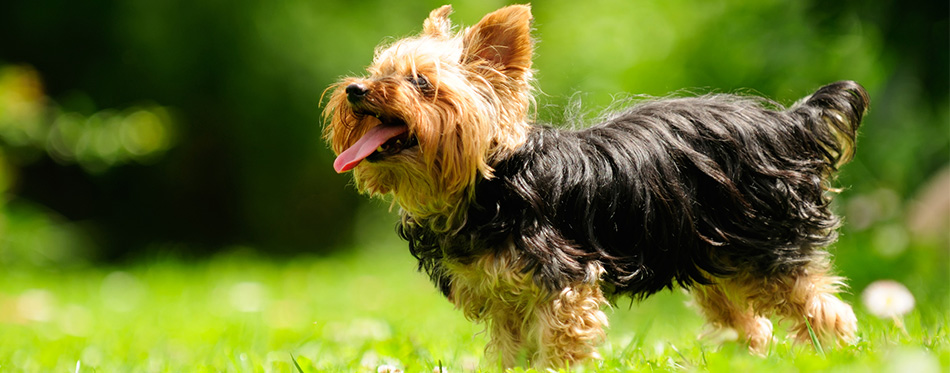
The ‘Yorkie’ is a tiny, cheeky chap that loves to socialize as much as he loves to snooze on your lap! A great size for older seniors who have limited space or mobility, the Yorkshire Terrier’s loyal and adaptable temperament will soon make him your best furry friend. They are also intelligent meaning as a Yorkie owner you will be endlessly entertained although they can be a little bossy. Their size means they need little in terms of exercise – no need for long walks here – but they do like access to space for play. Then they’ll just curl up on their favorite place – your lap – and snooze away the day!
- Exercise: low requirement, a short daily walk and some space to play
- Grooming: their silky coat needs regular brushing but it’s therapeutic for you both
- Ideal for: less mobile seniors and assisted living communities
Take a look at our review of the Best Dog Food for Yorkies for more options.
Pomeranian
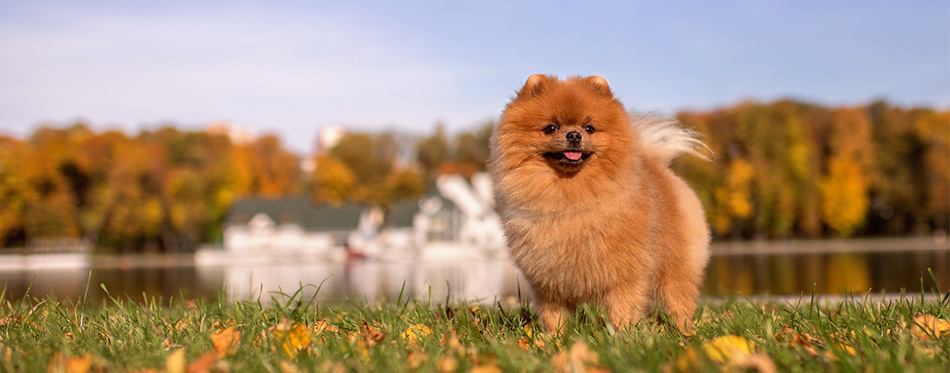
Here’s another pocket-sized pup that will fit well into small apartments or assisted living – just don’t tell the Pomeranian he is little! This fluff ball has a big attitude and heart with a fierce intelligence as well as loyalty to his human. Yes, they can be a bit yappy, but this tiny chap has a lot to say, and makes a good alert guard dog for elderly people. Super-lightweight, they are nicely energetic but don’t need much exercise as long as they have some indoor space to explore. But his happy place is on your lap or next to you on the couch, getting thoroughly petted and spoiled.
- Exercise: low, as his size means he can’t go too far. But does like to play inside
- Grooming: the fluffy Pomeranian is low maintenance, besides regular brushing
- Ideal for: the less mobile senior or smaller living environments
Find out more about Dog Food For Pomeranians here.
French Bulldog
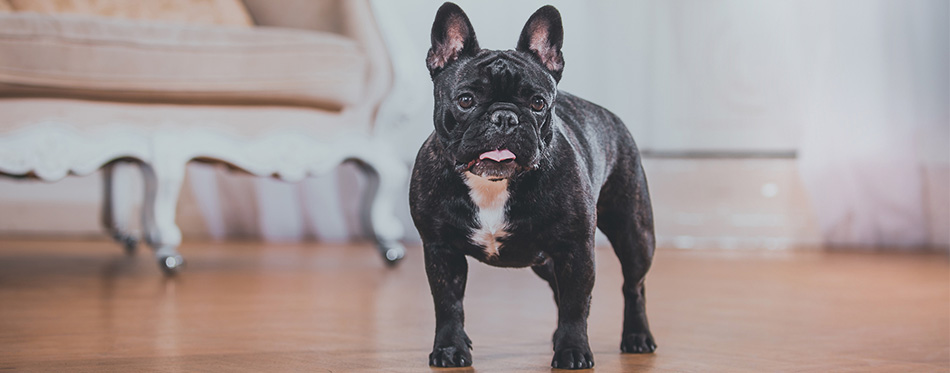
With that cute face and gorgeous bat ears, you’ll lose your heart to the Frenchie – and he will love you straight back. Compact and muscular, this little chap is actually a big softie and with his need for moderate exercise, the French Bulldog makes a great pet for seniors who can get out and about. They can be a little energetic but will soon settle down on the sofa for some serious petting – just be aware they can have a loud snore! If you want a small dog with a big personality to keep you feeling young, then a Frenchie is for you.
- Exercise: Frenchies don’t have much endurance so only need moderate walking
- Grooming: Easy to do, although keep an eye out for any skin complaints
- Ideal for: Most seniors as they live well in smaller homes
Corgi
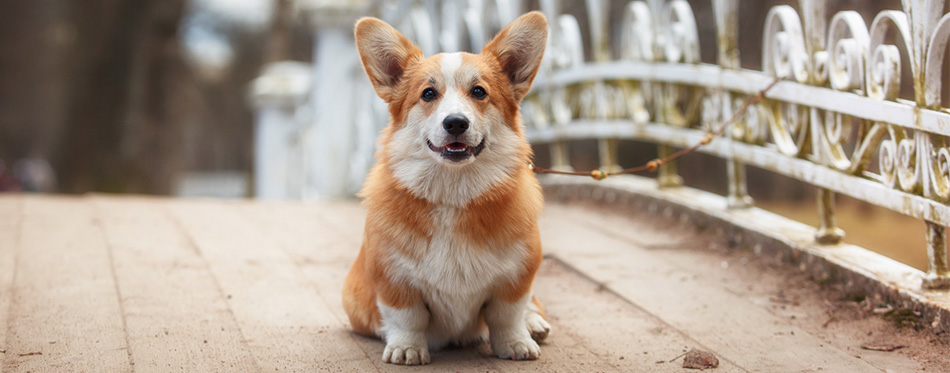
If you’re more on the physically active side but have limited space at home, then we think the corgi makes a fun pet for the senior dog owner. Smart, determined and a tad strong-willed, the Corgi’s small size due to their little legs belies their big dog approach to life. Originally bred to be a herding dog, the Corgi loves his walk and the chance to go exploring but comes in a nice compact package that is easy to manage at home. They’re also loyal and love a fuss from their special human, meaning they are great companion dogs.
- Exercise: needs regular daily walks. Can be prone to weight gain if not exercised
- Grooming: their relatively short coat just needs regular brushing
- Ideal for: active seniors who like to get out and about
Head over to our review of Dog Food for Corgis for more alternatives.
Greyhound
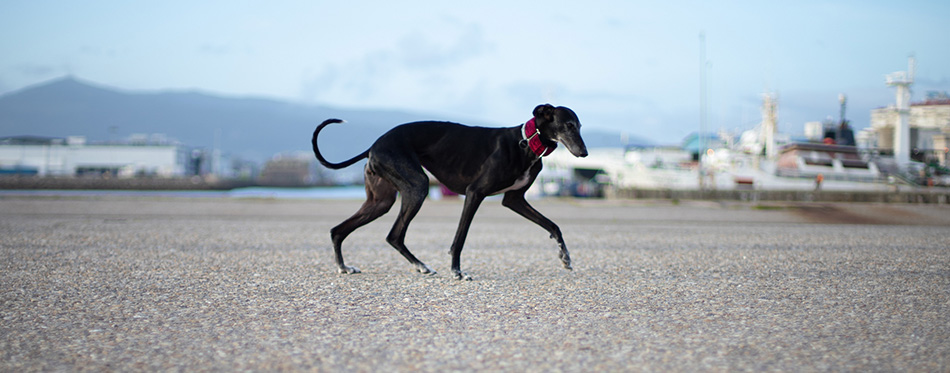
You may be wondering why a dog bred to run is on our list of best dog breeds for seniors and retirees but please bear with us. The largest breed on our list, the greyhound is also one of the laziest. This is a pooch who simply loves a sofa and a cuddle. Not only are they pretty to look at, the Greyhound is also one of the kindest and gentlest dogs you can find, making them good with the grandchildren too. Exercise-wise, they actually need less than you think although a good walk each day is essential, so you may need to ask for help from a dog walker or family friend. If the regular greyhound is too large for your circumstances, check out the super-cute Italian greyhound, which are mini-versions that would happily settle in an apartment or small home.
- Exercise: Needs a good walk each day before he retires to the couch
- Grooming: Low maintenance thanks to the short, close coat
- Ideal for: Most seniors, as you can also go for the smaller Italian greyhound
For more options, check out our detailed review of Dog Food for Greyhounds.
Mixed Breed/Rescue Dog
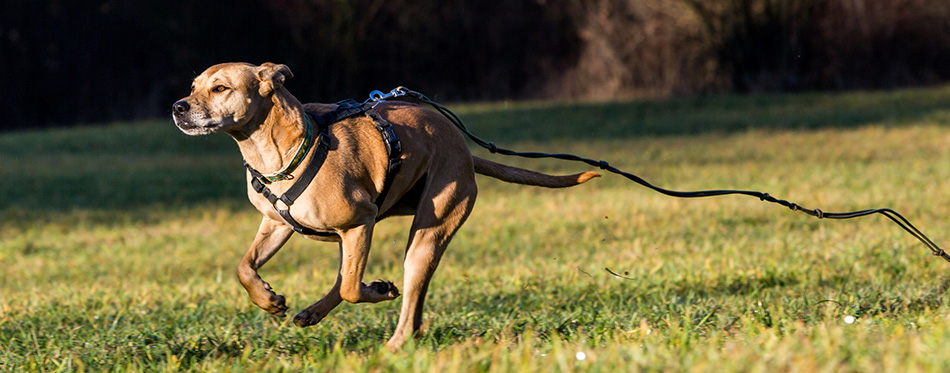
A pure-breed is not the only option to consider when looking for a new pet as a senior dog owner – a mixed breed or rescue dog could well tick all the boxes. You can get a lot of personal satisfaction giving a rescue dog a new home and there are many pluses to getting a new pet from your local dog shelter. When it comes to shelter dogs, they are screened for personality, care needs, and other qualities so they can be matched with the very best home possible. This support is invaluable when choosing your new canine house-mate and it takes all the guesswork of what you can expect from a particular pooch. And, as a senior owner, it is also a chance to give a middle-aged or an older dog that has already been house-trained a happy new home.
- Exercise: Depends on the individual dog– the shelter will match the dog to your own physical abilities
- Grooming: Go for a smooth-coated mixed breed if you want a low-maintenance dog
Ideal for: All seniors – go chat with your local shelter to find out if they have the perfect dog for you!
Source:
- What Are The Best Dog Breeds For Seniors? – Well Pet Coach

